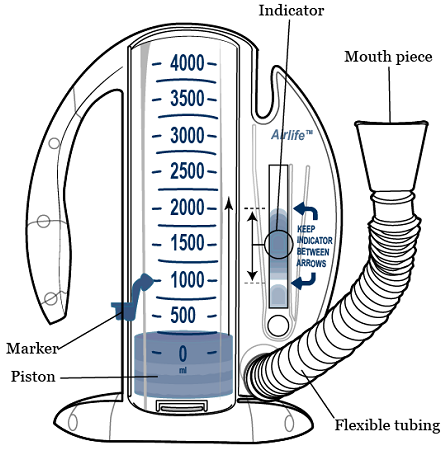PSA #1: Deep Breathing for the Spinal Cord Injury folks
- Sep 1, 2023
- 2 min read

Today’s subject is on Deep Breathing…. the Whys and Hows. Let's all take a deep breath and keep on rollin'.
Why should we perform deep breathing exercises? After an injury (any level above the diaphragm) on the spinal cord, the muscles responsible for breathing are paralyzed or weakened. This weakness reduces the volume of the lungs (lung capacity), the ability to take a deep breath and cough, and puts us at a greater risk for a lung infection. Because the weakened muscles of breathing have been affected, we must relearn how to deep breathe to improve lung muscle health. This is just one more thing to add to our daily “to-do” list to maintain good well-being. This exercise is beneficial to prevent any pooling of secretions in our lungs, which can accumulate to form a lung infection, such as pneumonia.
How should we perform effective breathing exercises?
By practicing deep breathing every day, you can strengthen the muscles you use for breathing.
Take a deep breath and hold it for a few seconds; then slowly breathe out.
An Incentive Spirometer can also assist in expanding the lungs by helping you breathe more deeply and fully. It measures how much air you can breathe into your lungs.
Using an incentive spirometer:
Helps you practice taking slow, deep breaths.
Exercises your lungs and makes them stronger.
Helps clear out mucus that builds up in your lungs.
I included a helpful video to demonstrate the use of an Incentive Spirometer: https://youtu.be/aDG9NZZrmqQ
Forcing fluids will also aid in thinning mucus secretions making it easier to breathe. Maintaining healthy lungs, especially going into cold, flu, COVID, and RSV season, is key.
It’s all good, so keep on rollin’,
The Rollin’ RNs ™
Patty, BSN, RN
References:





.png)
.png)
Comments